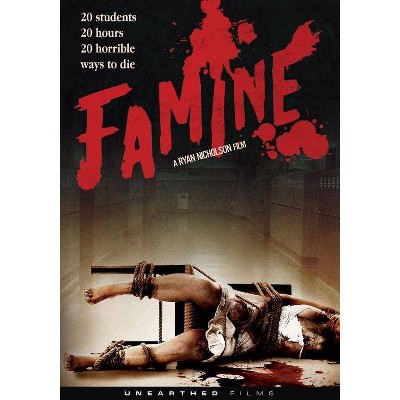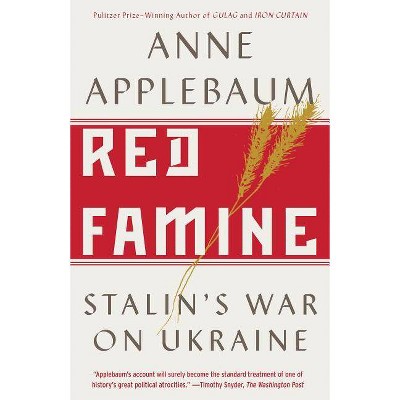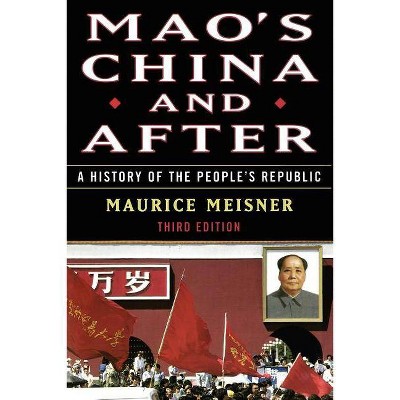Mao's Great Famine - by Frank Dikötter (Paperback)
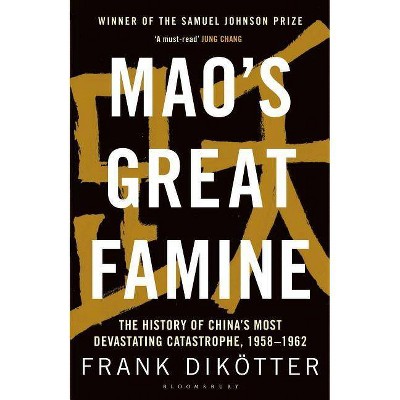
Similar Products
Products of same category from the store
AllProduct info
<p/><br></br><p><b> About the Book </b></p></br></br><b>An unprecedented, groundbreaking history of China's Great Famine that recasts the era of Mao Zedong and the history of the People's Republic of China.</b><p/><br></br><p><b> Book Synopsis </b></p></br></br><p><b>An unprecedented, groundbreaking history of China's Great Famine that recasts the era of Mao Zedong and the history of the People's Republic of China.</b> <p/>Between 1958 and 1962, China descended into hell. Mao Zedong threw his country into a frenzy with the Great Leap Forward, an attempt to catch up to and overtake Britain in less than fifteen years. The experiment ended in the greatest catastrophe the country had ever known, destroying tens of millions of lives. <p/>So opens Frank Dikötter's riveting, magnificently detailed chronicle of an era in Chinese history much speculated about but never before fully documented, as access to Communist Party archives has long been restricted to all but the most trusted historians. A new archive law has opened up thousands of central and provincial documents that fundamentally change the way one can study the Maoist era. <p/>Dikötter makes clear, as nobody has before, that far from being the program that would lift the country among the world's superpowers and prove the power of Communism, as Mao imagined, the Great Leap Forward transformed the country in the other direction. It became the site not only of "one of the most deadly mass killings of human history--at least forty-five million people were worked, starved, or beaten to death--but also of the greatest demolition of real estate in human history, as up to one-third of all housing was turned into rubble. The experiment was a catastrophe for the natural world as well, as the land was savaged in the maniacal pursuit of steel and other industrial accomplishments. In a powerful meshing of exhaustive research in Chinese archives and narrative drive, Dikötter, for the first time, links up what happened in the corridors of power--the vicious backstabbing and bullying tactics that took place among party leaders--with the everyday experiences of ordinary people, giving voice to the dead and disenfranchised. His magisterial account recasts the history of the People's Republic of China.</p><p/><br></br><p><b> Review Quotes </b></p></br></br><br><p>A masterpiece of historical investigation into one of the world's greatest crimes - <i>New Statesman</i> <p/>It is hard to exaggerate the achievement of this book in proving that Mao caused the famine . . . only thanks to brilliant scholarship such as this will the heirs of the vanished millions finally learn what happened to their ancestors - <i>Sunday Times</i> <p/>The most authoritative and comprehensive study of the biggest and most lethal famine in history. A must-read - Jung Chang <p/>Gripping . . . Prof Dikötter's painstaking analysis of the archives shows Mao's regime resulted in the greatest man-made famine the world has ever seen -<i> Daily Express</i></p><br><p/><br></br><p><b> About the Author </b></p></br></br><b>Frank Dikötter</b> is chair professor of humanities at the University of Hong Kong and professor of the modern history of China at the School of Oriental and African Studies, University of London. He is a key proponent of studying the history of China in global perspective, and has published a series of innovative books, from his classic <i>The Discourse of Race in Modern China </i>to the controversial <i>Narcotic Culture: A History of Drugs in China</i>. He lives in Hong Kong.
Price History
Cheapest price in the interval: 14.99 on March 10, 2021
Most expensive price in the interval: 17.99 on November 8, 2021
Price Archive shows prices from various stores, lets you see history and find the cheapest. There is no actual sale on the website. For all support, inquiry and suggestion messages communication@pricearchive.us
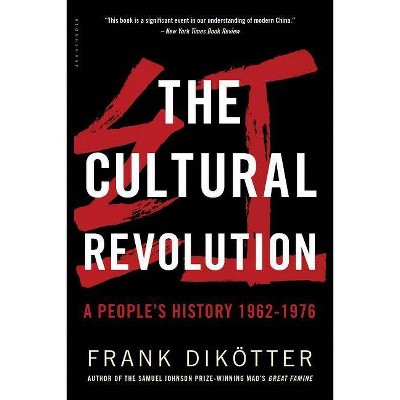
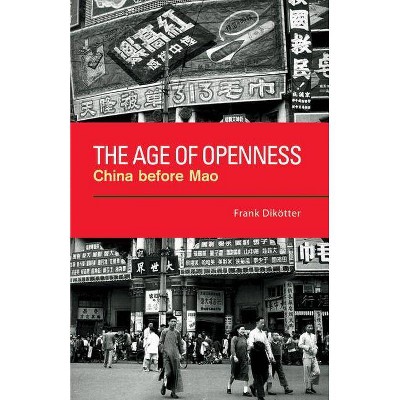
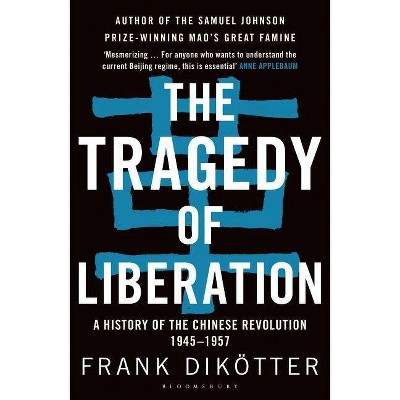
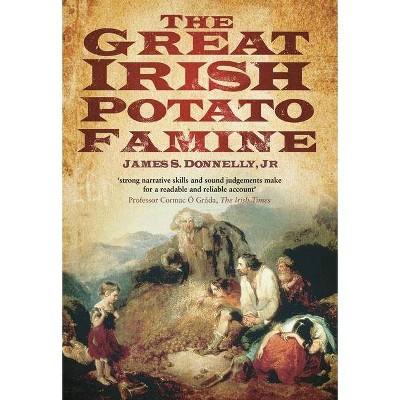
![Imperfect Conceptions - (V.63, Nos.2-3, 1998]) by Frank Dikötter (Hardcover)](https://target.scene7.com/is/image/Target/GUEST_31a4620c-b3cc-4ead-aae4-9be9b4eee312)
